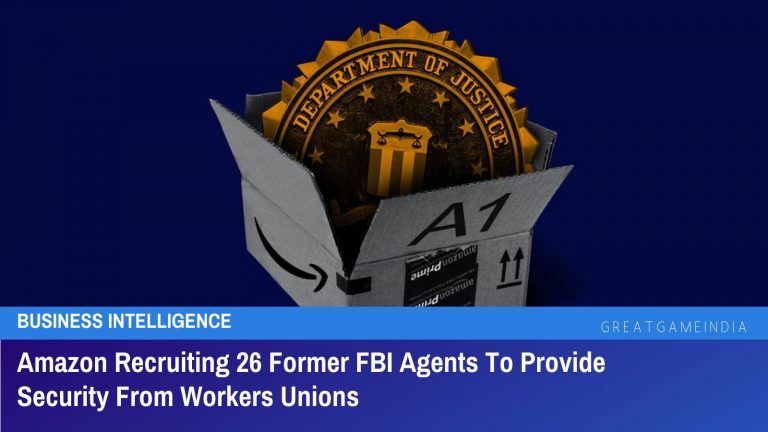
Facebook acquired WhatsApp in 2014 for $19 billion. The report - published Tuesday by Democrats leading the House Judiciary Committee’s antitrust panel after a 16-month investigation into Big Tech - catalogs several cases of tech companies wielding an advantage in data against their rivals, along with legislative recommendations to address the industry’s “monopoly power.”įor example, the report cites internal memos and presentations that allegedly show Facebook used user data from Onavo, a Facebook-owned virtual private networking app, to identify WhatsApp as a massively popular service - and an emerging threat. But it bumps up against decades of judicial inertia around antitrust thinking, raising questions about whether the rest of the government is ready to go where the House antitrust panel’s majority wants to lead. Experts say it’s a bold and creative legal theory that could revolutionize how antitrust scholars think about competition in a digital world. In other words, the report argues, tech platforms have used data to perpetuate a cycle of dominance that accrues to them more and more power. Ramin Talaie/David Ryder/Drew Angerer/Brendan Smialowski/AFP/Getty ImagesĬongress' Big Tech investigation finds companies wield 'monopoly power' “Through using market power in one area to advantage a separate line of business, dominant firms undermine competition on the merits,” the report concludes, adding that due to their practical omniscience, the companies are now “threatening greater and greater portions of the digital economy.” That conduct, the report alleges, is anti-competitive. Tech giants have maintained their monopoly position, the report finds, by using the vast amounts of data they’ve gathered on consumers and other businesses in order to muscle out rivals, gain an advantage in new product markets and reduce innovation by others.

#AMAZON GETS ANTITRUST SCRUTINY ON USAGE CRACK#
And it’s here that the House report makes its most significant claim - one that experts say may underpin future efforts by Congress to crack down on Big Tech. What’s not allowed is corporate malfeasance designed to preserve monopoly power, at the expense of competition. Believe it or not, monopolies are actually legal under current US law.

The biggest finding from this week’s House antitrust report on Big Tech isn’t that Amazon, Apple, Google and Facebook are monopolies.


 0 kommentar(er)
0 kommentar(er)
